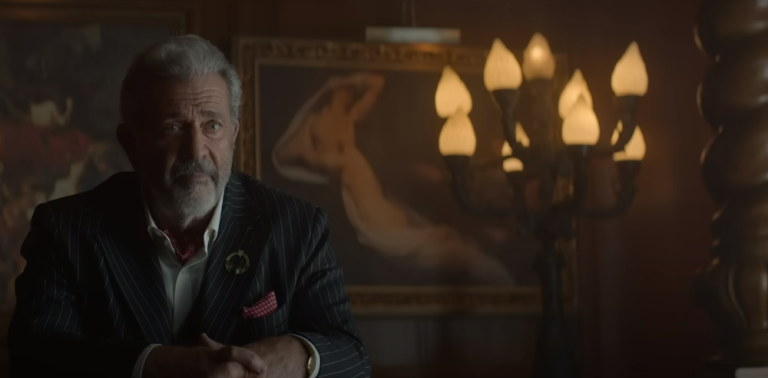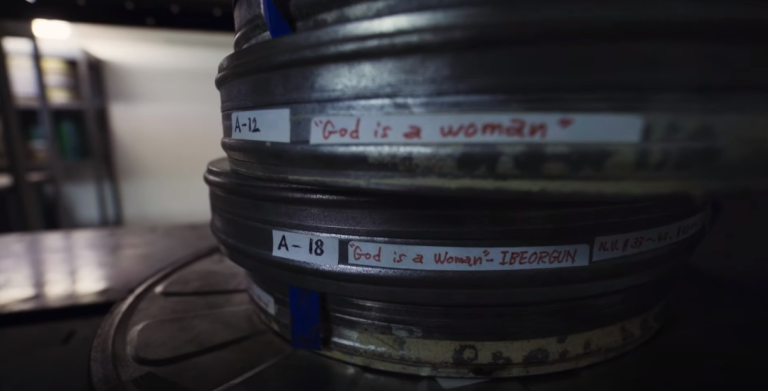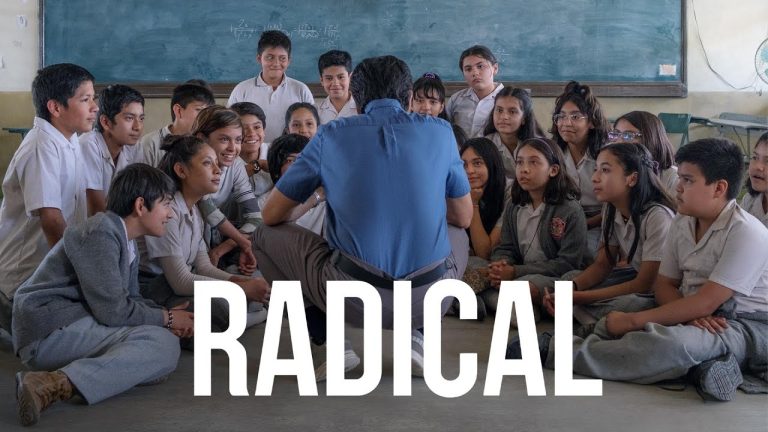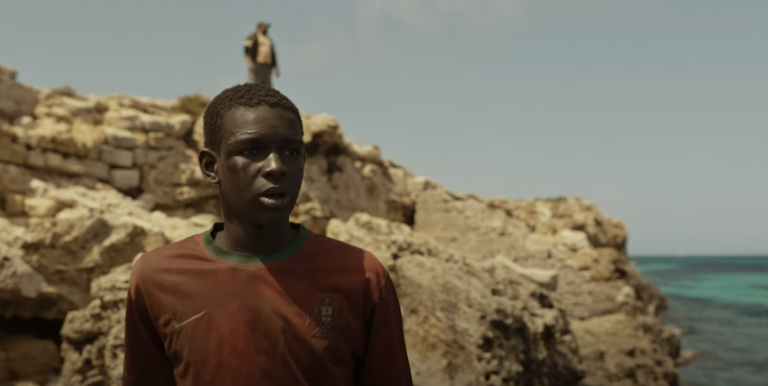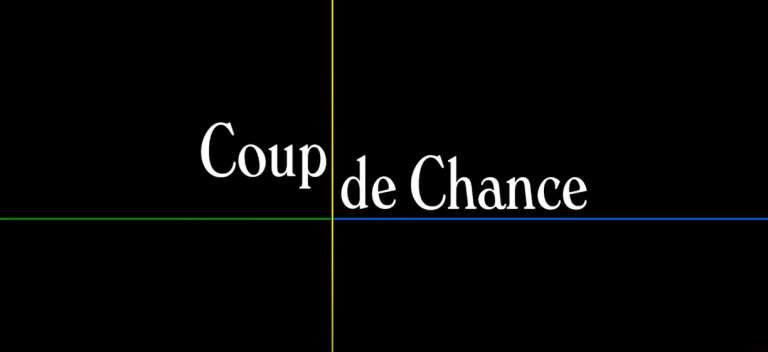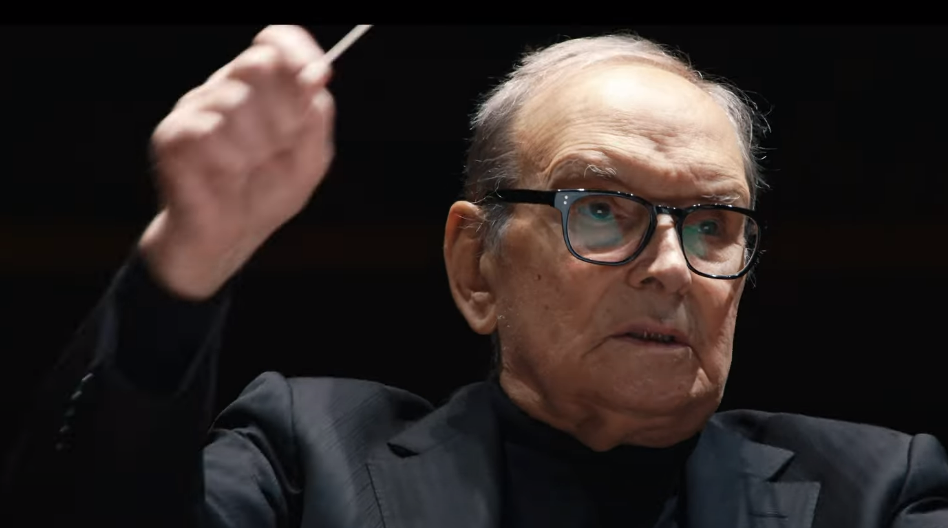
The documentary about Ennio Morricone, a renowned composer, follows a traditional format with interviews and archival footage. It features famous figures like Clint Eastwood and Quentin Tarantino discussing Morricone’s work. However, the real highlight is Morricone’s music, which is showcased alongside movie scenes, offering a deeper understanding of his genius.
The term “spaghetti western” brings to mind Clint Eastwood’s iconic character with his distinctive attire and expression. It also evokes the unforgettable musical theme, featuring a unique whistle. One of the interviewees shares the story of Morricone’s request for “a little whistle,” which turned out to be much more than just that.

Morricone didn’t aspire to be a musician as a child; he actually wanted to become a doctor. However, his father, who was a trumpeter supporting the family, sent him to music school to learn the trumpet. Morricone briefly mentions experiencing World War II, with the Germans and Americans being present, which is one of the few mentions of events outside of the music world in the film.
His father fell ill, so Morricone had to take over his father’s work to support the family while continuing his music studies. At school, he became interested in composing, learning traditional techniques but also challenging them by adding his own innovations. He was inspired by rule-breakers like Igor Stravinsky and artists who turned ordinary objects into musical instruments. Morricone aimed to create unconventional and impactful sounds, pushing boundaries in his compositions.
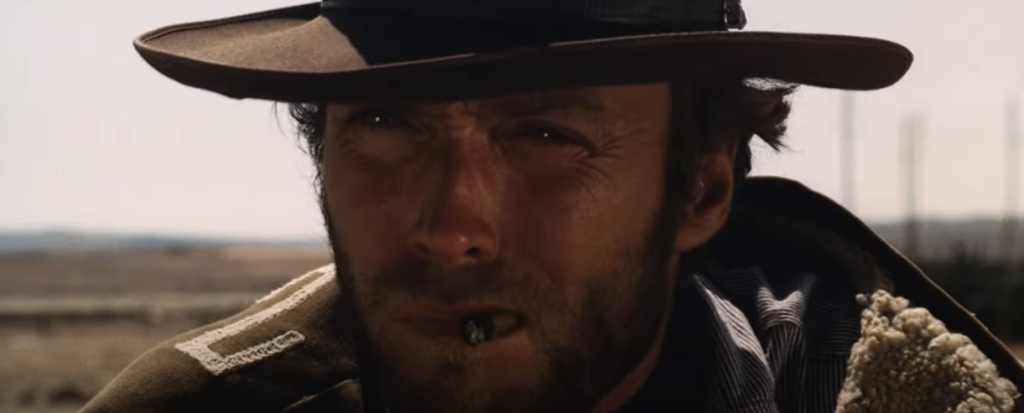
The Composer revolutionized the creation of musical accompaniments for pop singers. Instead of simply following the song’s chords, he aimed to create arrangements that elevated the music beyond the vocals themselves. His arrangements were dynamic and intricate, engaging in a dialogue with the song, enriching it with complexity and depth. His innovative approach led to collaborations with renowned international artists such as Paul Anka and Chet Baker.
To prevent denying his father job opportunities due to his father’s inability to play professionally, trumpets were avoided in arrangements and compositions.

A call was received from Sergio Leone, the director of spaghetti westerns, which led to a collaboration. They had been classmates in elementary school. Eastwood, also a composer, was surprised by the unique operatic score in the film, featuring sounds like a cracking whip, an electric guitar, an anvil, and the memorable whistle. Eastwood praises how the music added drama to his character, something he found challenging to achieve.
Morricone started receiving composing offers that his music teachers would typically get. He preferred collaborating with first-time directors who allowed him more creative freedom. His orchestrations included vocal soloists, choirs, and even coyote howls. His first American film score was for John Huston’s “The Bible” in 1966.
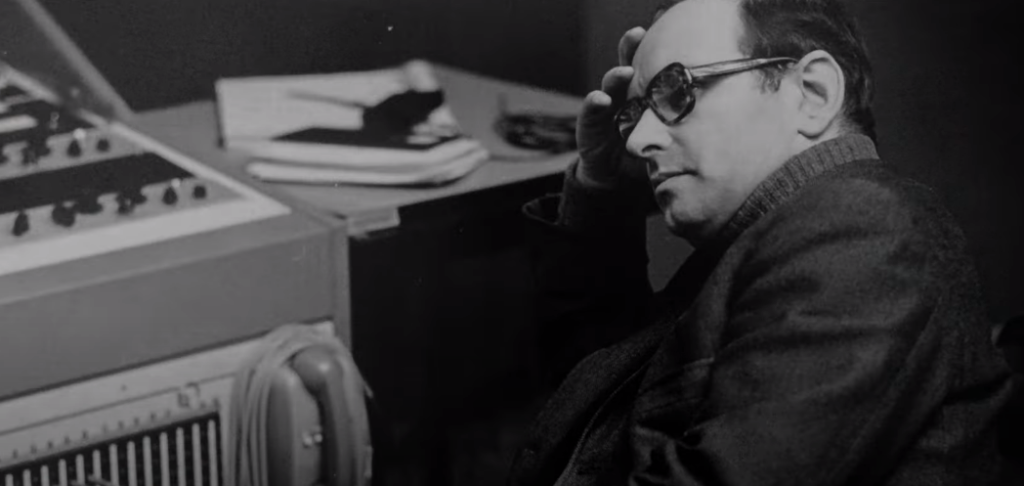
The documentary is written and directed by Giuseppe Tornatore, known for “Cinema Paradiso,” which features one of Morricone’s beloved scores. Comments from musicians, composers, and directors express deep admiration but lack detailed insights. Tarantino and Quincy Jones praise Morricone as their favorite composer, while Springsteen acknowledges he’s still learning from him. Director Roland Joffé mentions Morricone’s intense approach to composing, likening it to an athlete’s focus, while another person reveals Morricone’s ability to compose without needing a piano, playing imaginary keys and hearing the music in his head.
Towards the end of the documentary, there’s a brief but intriguing segment highlighting Morricone’s influence on broader culture, including pop stars and even metal legends like Metallica using his melodies. Winning a competitive Oscar in 2016 for “The Hateful Eight” was rewarding for Morricone after five nominations and an honorary Oscar in 2007. However, what means the most to him is seeing his work performed in concert with full orchestras, which transcends the perception of film music as less prestigious. The music, which enhances on-screen images and characters, holds its own significance when performed independently.
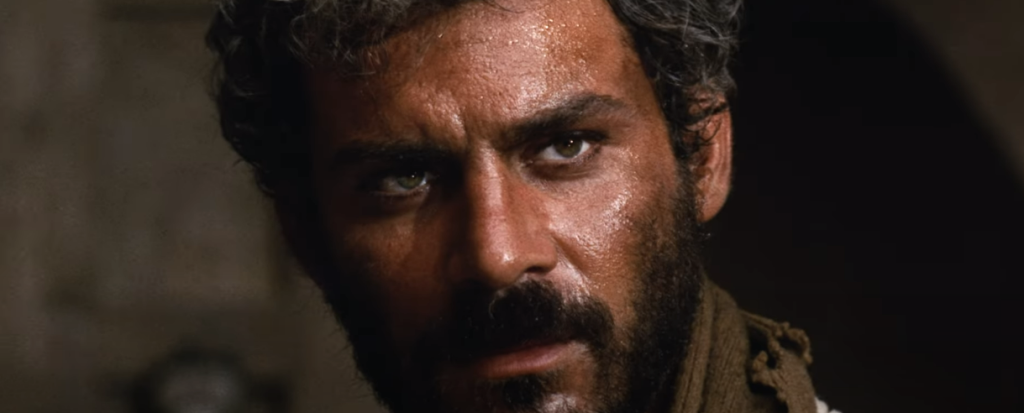
| Key Points | Details |
|---|---|
| Early Life | – Morricone initially aspired to be a doctor but was sent to music school by his trumpeter father. – He supported his family by taking over his father’s work while continuing his music studies. – Inspired by rule-breakers like Stravinsky, he aimed to create unconventional sounds. – He avoided using trumpets to prevent denying his father job opportunities. – Experienced World War II briefly mentioned in the documentary. |
| Collaboration with Sergio Leone | – Received a call from Sergio Leone, leading to a collaboration in spaghetti westerns. – Leone and Morricone were classmates in elementary school. – Developed unique operatic scores featuring various unconventional sounds. – Collaborated with Clint Eastwood, who praised Morricone’s music for adding depth to his characters. |
| Innovative Composing Techniques | – Revolutionized accompaniments for pop singers by creating dynamic and intricate arrangements. – Preferred collaborating with first-time directors for creative freedom. – Orchestrations included vocal soloists, choirs, and unconventional sounds like coyote howls. – First American film score was for John Huston’s “The Bible” in 1966. |
| Influence on Culture and Recognition | – Influenced pop stars and metal legends like Metallica. – Won competitive Oscar in 2016 for “The Hateful Eight” after five nominations and an honorary Oscar in 2007. – Most rewarding for Morricone was seeing his work performed in concert with full orchestras, transcending the perception of film music as less prestigious. – Music holds significance when performed independently from films. |
| Documentary Details | – Written and directed by Giuseppe Tornatore, known for “Cinema Paradiso.” – Features interviews with famous figures like Clint Eastwood, Quentin Tarantino, Quincy Jones, Bruce Springsteen, and director Roland Joffé. – Comments express deep admiration for Morricone’s work but lack detailed insights. – Highlights Morricone’s intense composing approach and ability to compose without a piano. |

